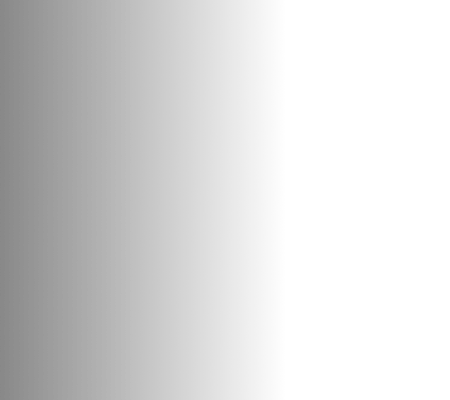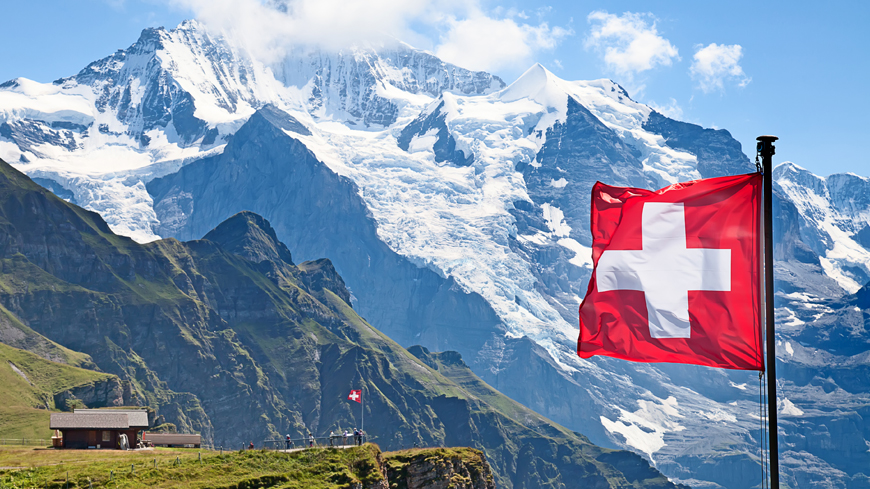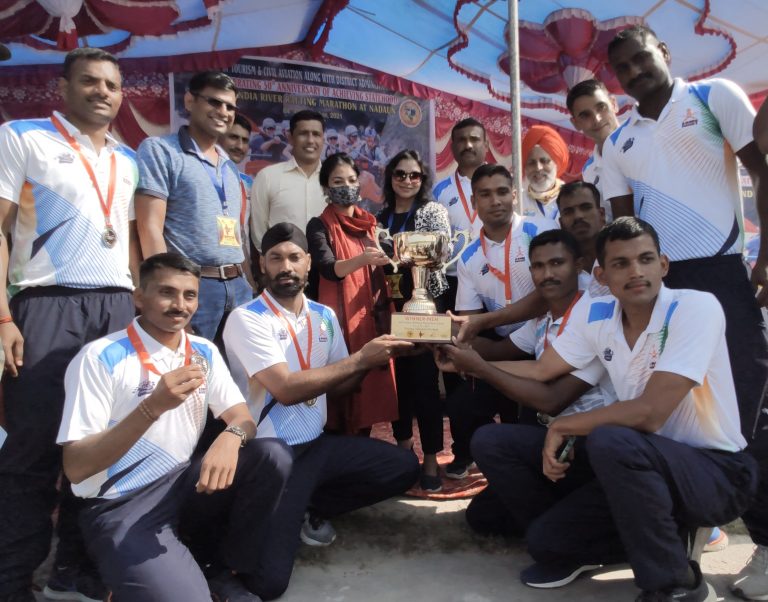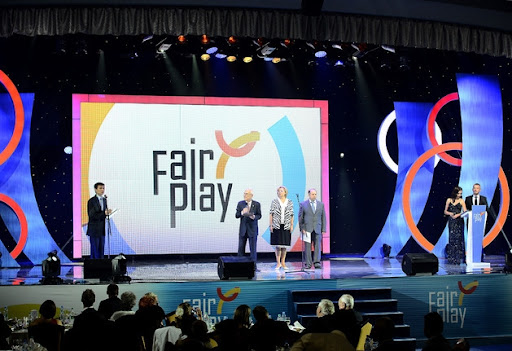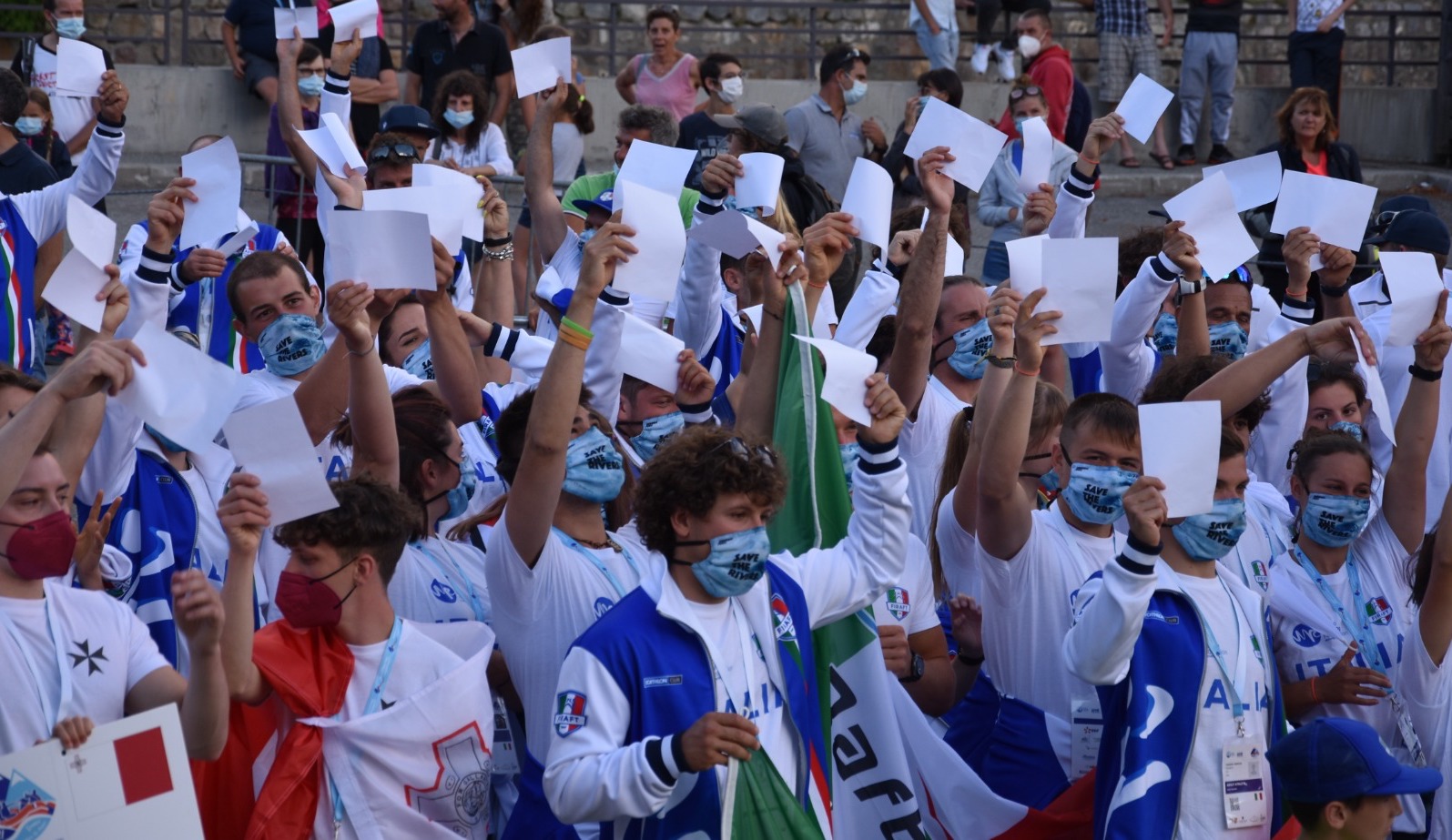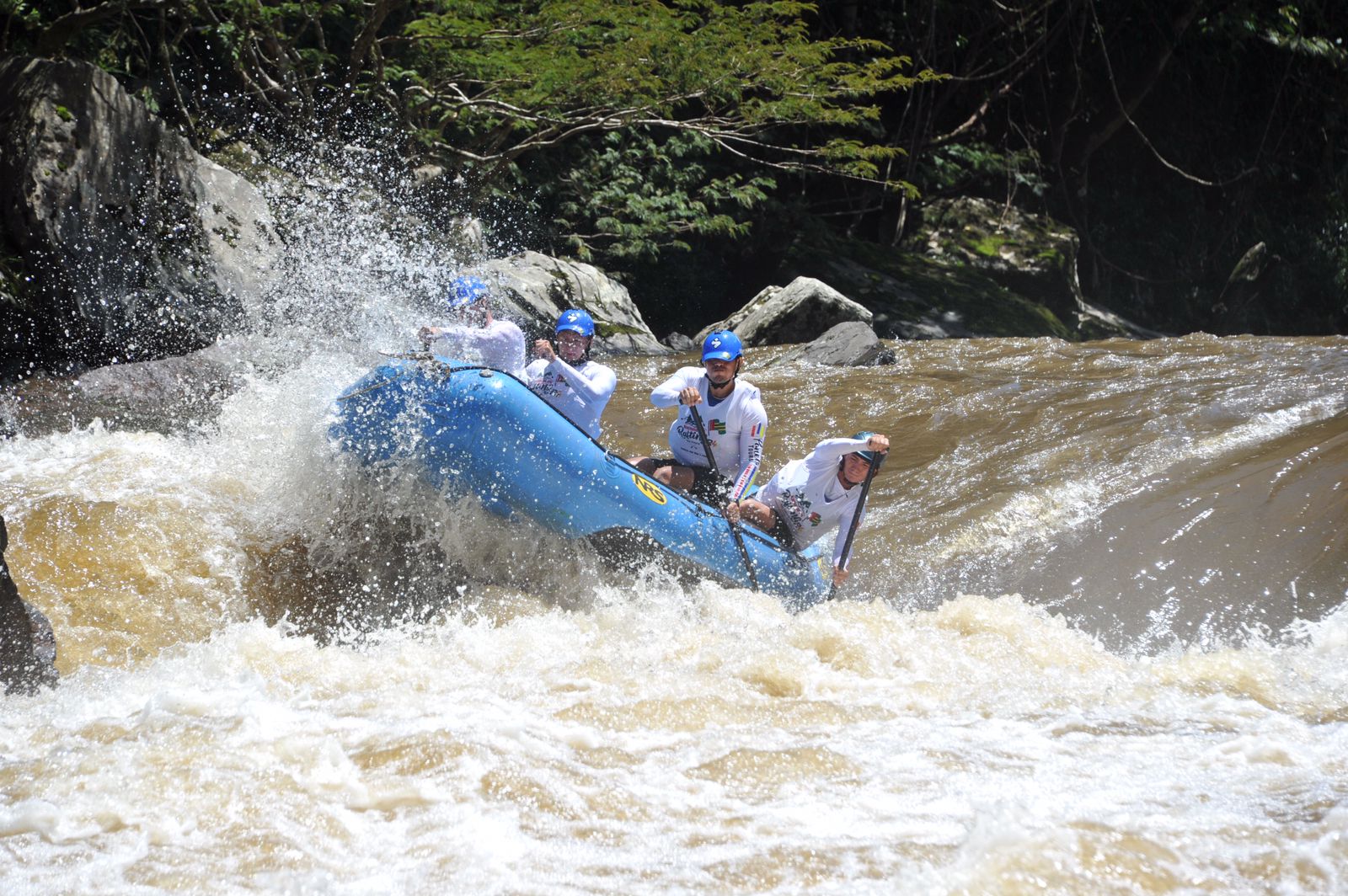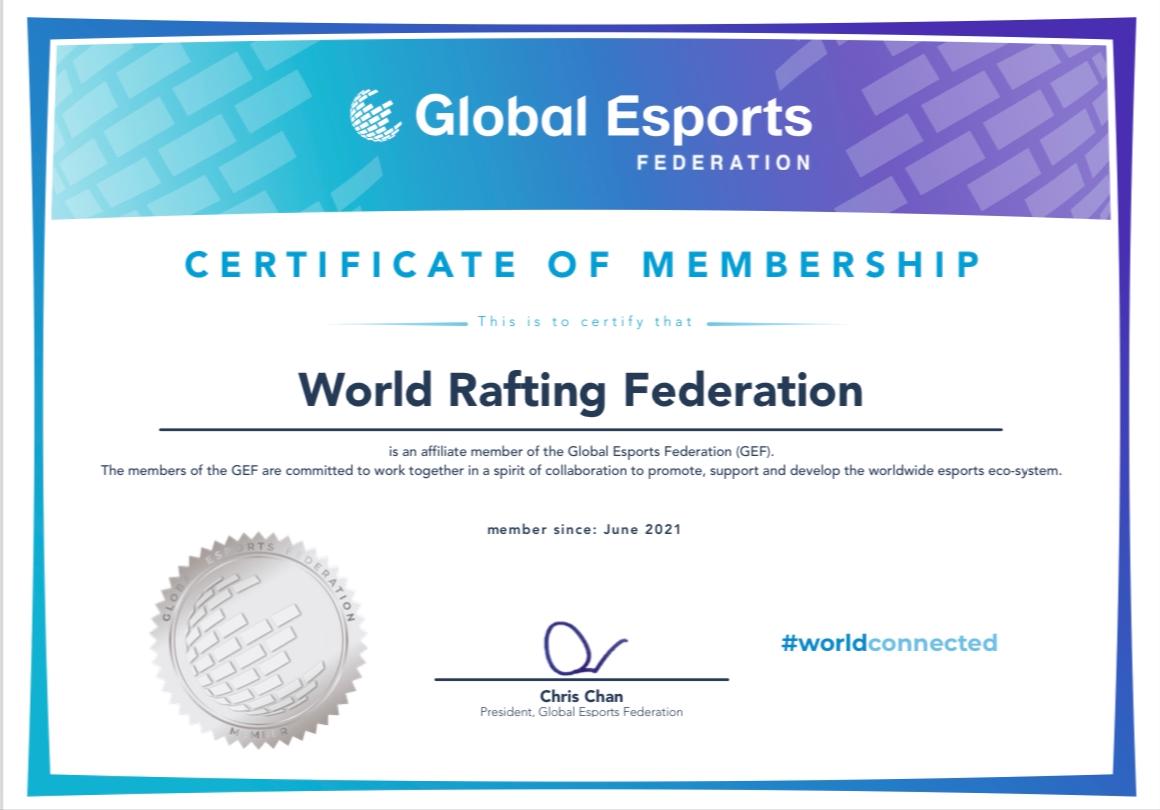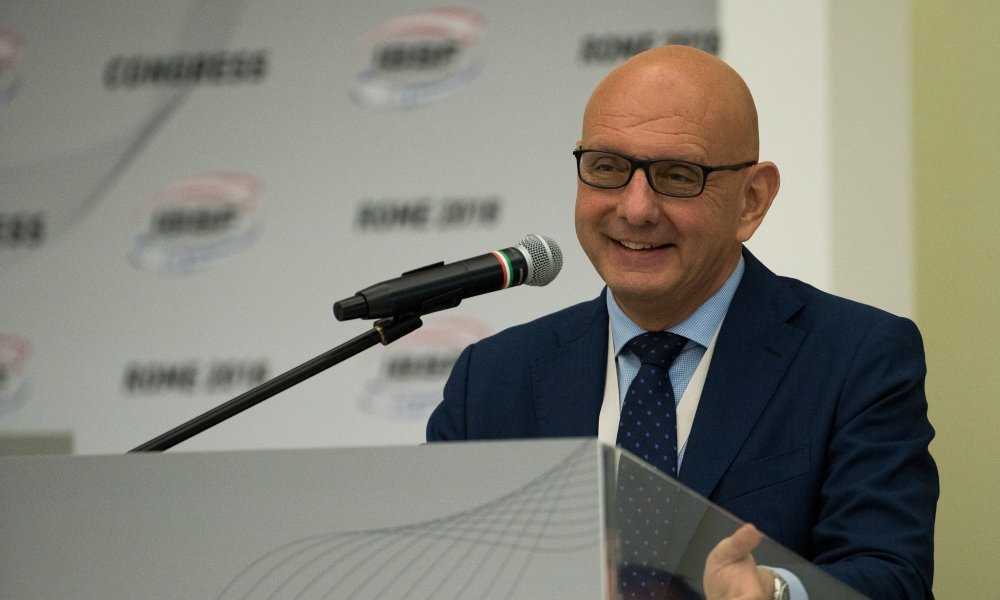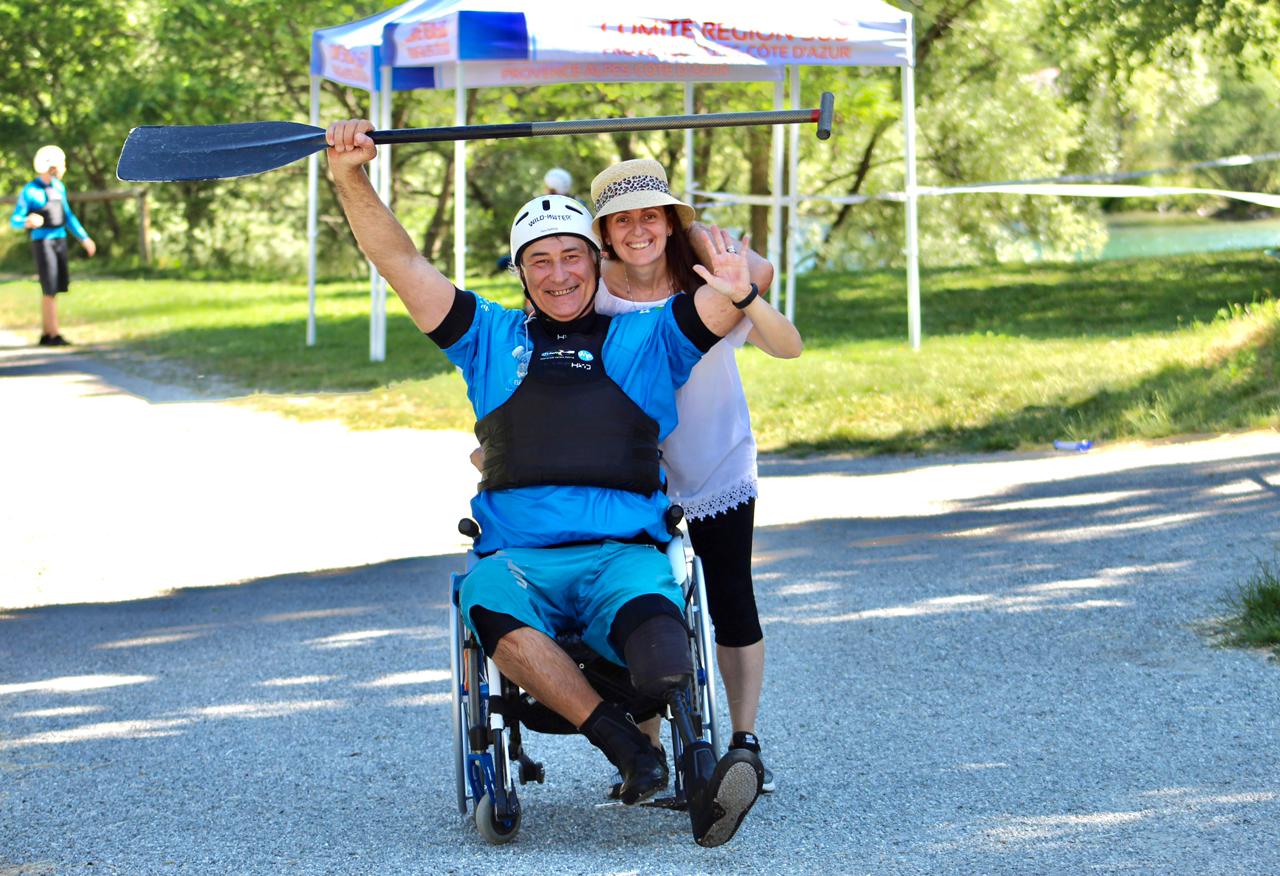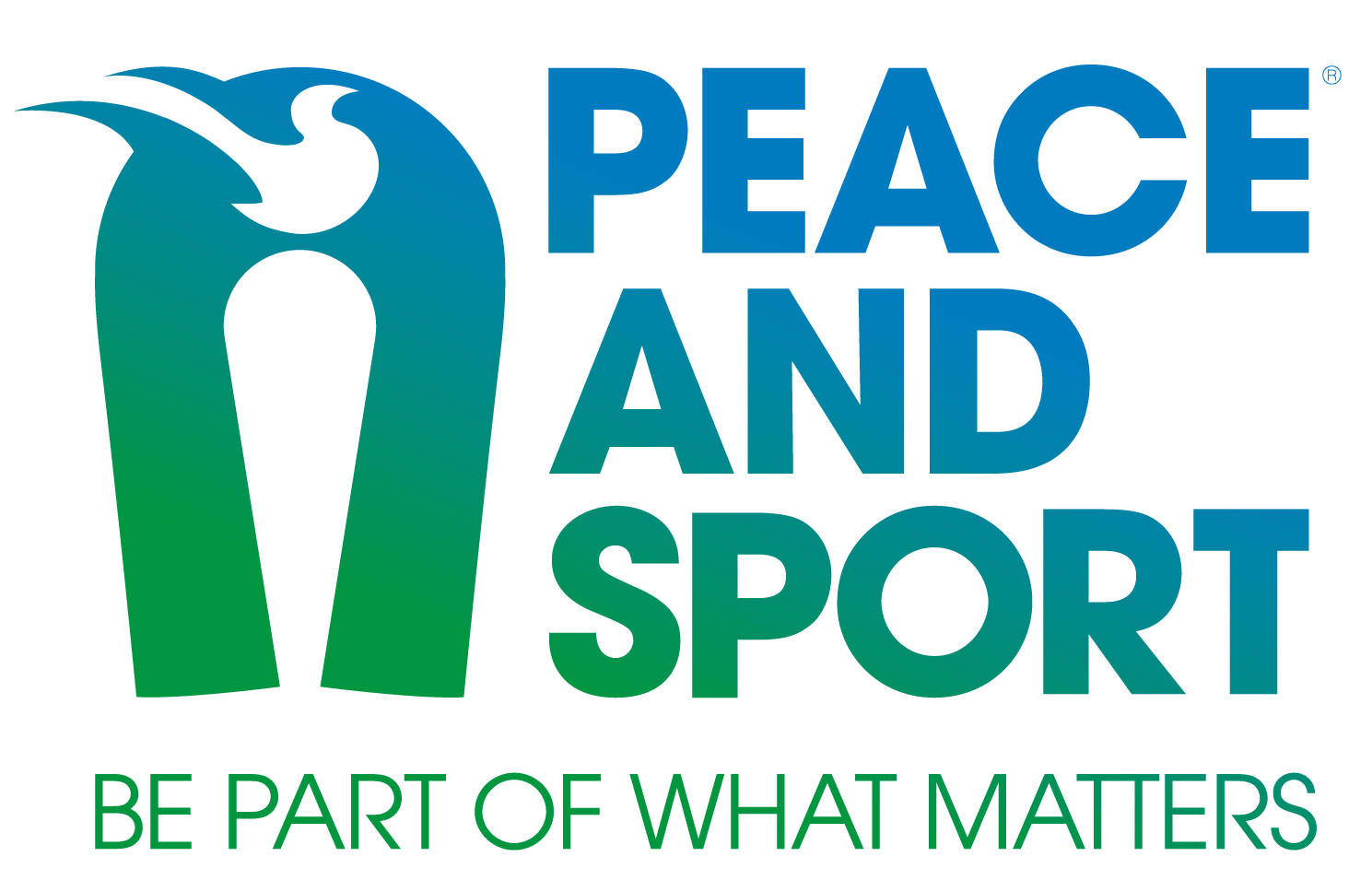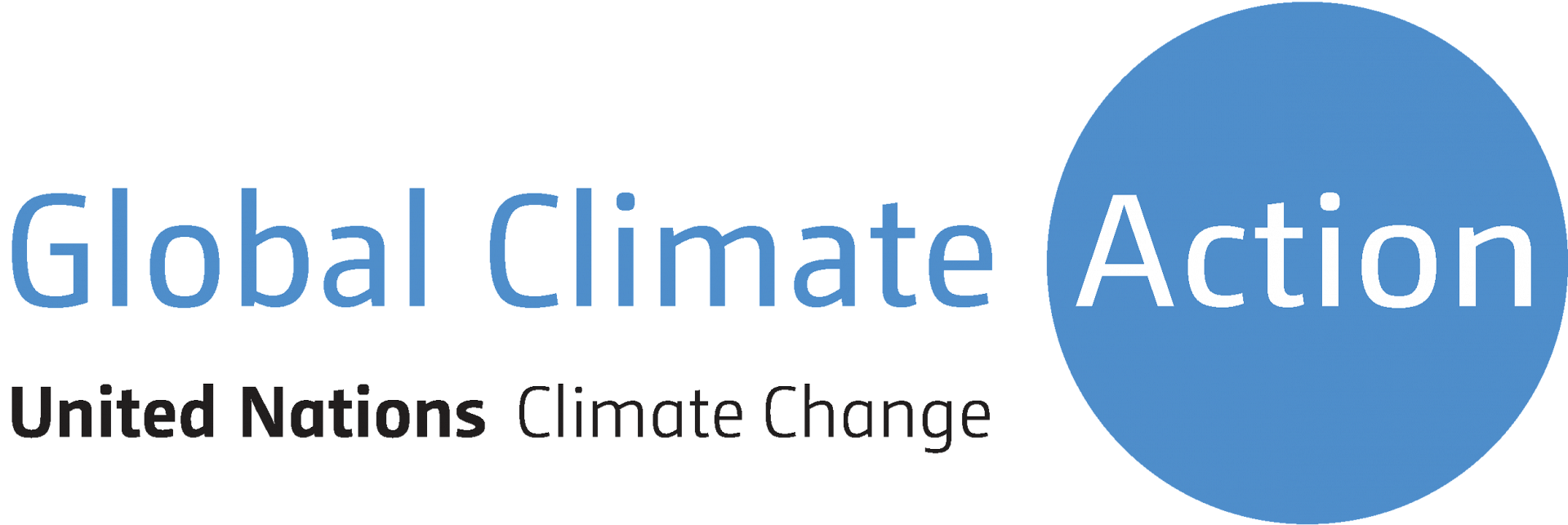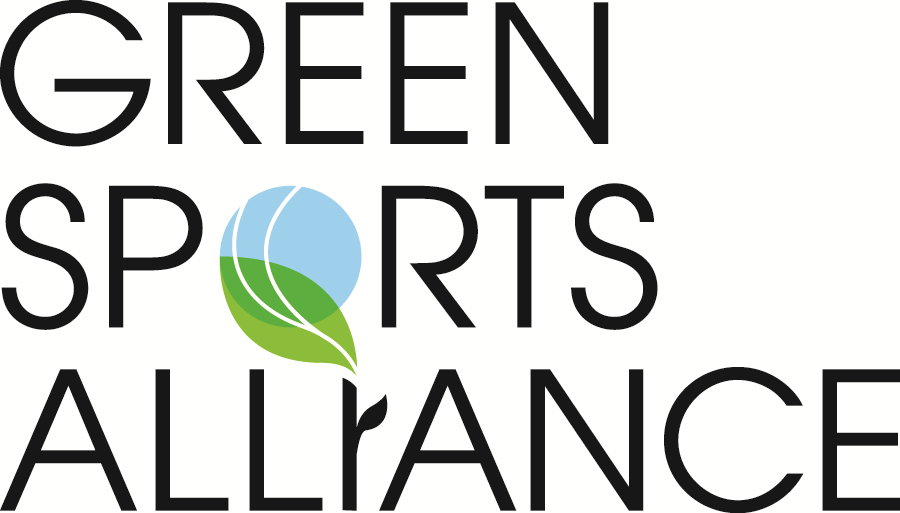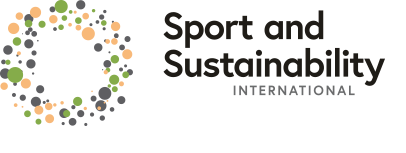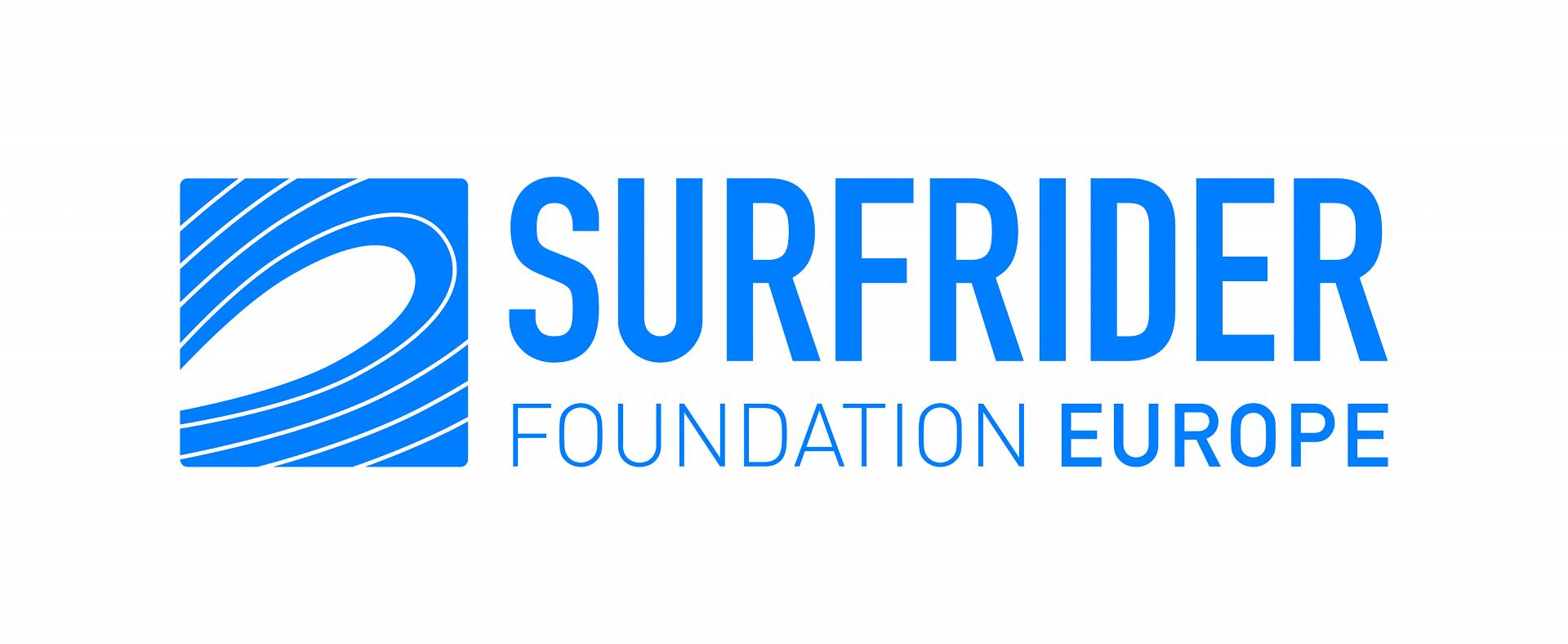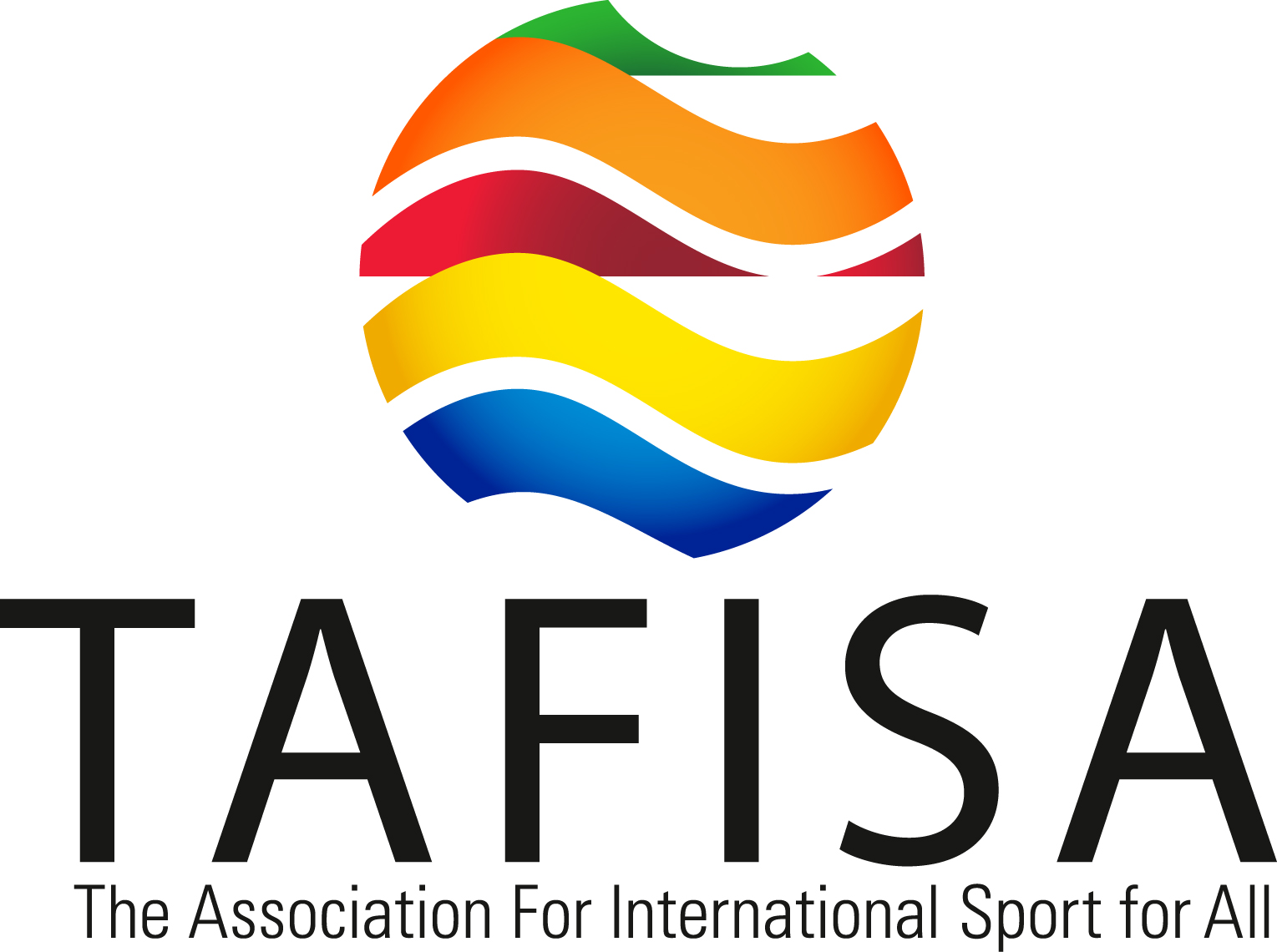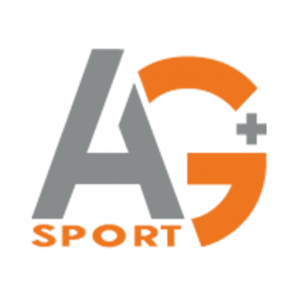In the heart of rushing waters, there lies a deep connection between humanity and nature. For the global community of rafting guides and athletes, every bend of the river is not just a playground but a...
HEADLINE
"The mega rafting event organized by Himachal Tourism and World Rafting Federation (WRF) ‘All India River Rafting Marathon’ concluded at Nadaun in Himachal Pradesh in India on the rushing waters of river Beas near here on October 08. Davashweta Banik Deputy Commissioner Hamirpur awarded the prizes to the winners in the valedictory function organized on the banks of river Beas. As many as 43 teams in various categories participated in the rafting marathon including 10 women, 16 mixed and 17 men teams.
Devashweta Banik Deputy Commissioner Hamirpur conferred prizes to the winners
Speaking on the occasion Devashweta Banik DC said that the first attempt to organize a rafting event was a great success. She said that the administration would conduct more rafting and other adventure events here near future. She said that local participation in the event would encourage youth towards rafting. The event had also marked Nadaun town on the international rafting map and would encourage tourism in the region, she added.
Pertinent to mention that the district administration had ensured to provide every possible facility to the rafters and organizing committee while HPTDC took care of transportation, lodging and boarding of the players. The HPTDC provided traditional Himachali Cuisine to players who had come from across the country.
BSF Team: winner of the female category
Priti Jindal President of Ethics Commission of World Rafting Federation present here said that river Beas offers excellent water body for rafting marathons. She said that the place was scenic and people were supportive here. It was great experience to be part of this event as players displayed exemplary discipline during the event, she added
Shaukat Sikand President of Rafting Foundation of India said the participation in the event was encouraging. He said that he would like to be part of more rafting events in Himachal Pradesh.
Winners Men: Indian Army Alfa Team
In men category Indian Army (Alfa) won the gold medal while Indian Army (Charlie) won Silver medal and Indian Army (Bravo) won Bronze medal. In women category BSF won Gold medal while ITBP women Bravo Silver and ITBP alfa won Bronze medal. In mixed category ITBP Charlie grabbed gold, BSF Bravo won silver and ITBP Bravo won Bronze medal.
The team contingents that participated in the event included Indian Army, Border Security Force, Indian Air Force, Ultimate Survival Rafters, Karnatka, Hydrabad, JAL, Abimaas and Pong Dam. Significantly, Indian Army and ITBP fielded four and three teams respectively in one event and that turned a competition amongst defense team’s only."
via The Hill Quest News (https://hillquestnews.com)
On 12th November the Global Association of International Sports Federations (GAISF) General Assembly elected Ivo Ferriani as its President representing the Association of International Olympic Winter Sports Federations (AIOWF).
“I am very honoured to have been elected as President of GAISF. The COVID-19 pandemic has truly demonstrated how sport is a force for good. I am therefore proud to have this opportunity to work with the global sports community to promote the power of sport and to achieve our common goal of a better world through sport. I am very much looking forward to bringing my sporting experience to serve all GAISF’s Members, Associate Members and Observers, and to support them over the next two years.”
Mr Ferriani begins his term as President immediately and will serve a two-year mandate, congratulating the outgoing President Raffaele Chiulli.
Ivo Ferriani is an IOC Executive Board member since 2018, sport director, former professional bobsledder (and former river guide).
He is the President of the International Bobsleigh and Skeleton Federation (IBSF) since 2010, IOC Member since 2016 and President of the Association of International Olympic Winter Sports Federations (AIOWF) since 2020.
At the beginning of his sporting career he practiced football, athletics, kayak and rafting, before pursuing his professional career as bobsledder: in 1988 he competed at the Olympic Winter Games in Calgary, Canada, as two-man bob pilot.
We have no doubt that Mr Ferriani will do his best as GAISF President, concretely improving the sports world and supporting sport for all with transparency, that is a fundamental part of Good Governance.
WRF President Danilo Barmaz declared: “WRF community would like to congratulate Mr Ferriani: it is the latest award granted to an amazing and person, who loves the sport and is committed to it with a 360 degree view. He is a visionary thinker and he constantly teaches us, as he declared during our interview: we have to be chameleons, not dinosaurs!”
Read more about this caption! Earlier this year we interviewed Mr Ivo Ferriani:
https://www.worldraftingfederation.com/news/301-be-a-chameleon-not-a-dinosaur
